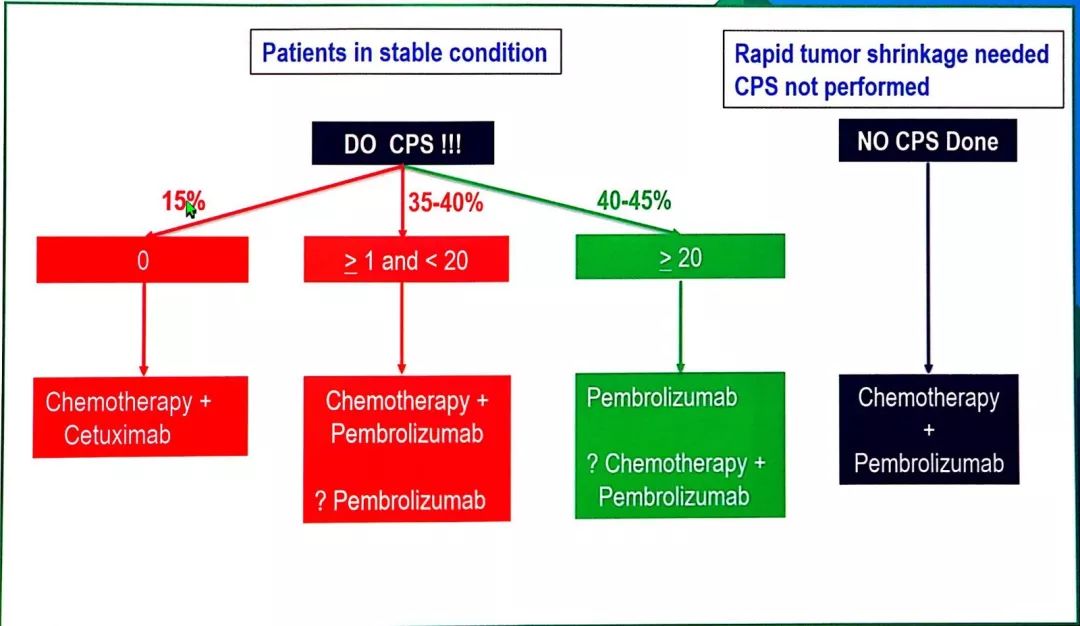

Keynote 048 full#
View full prescribing information for KEYTRUDA.įDA granted this application priority review. The recommended pembrolizumab dose for HNSCC is 200 mg administered as an intravenous infusion over 30 minutes every 3 weeks until disease progression, unacceptable toxicity, or up to 24 months in patients without disease progression.

The most common adverse reactions reported in ≥20% of patients who received pembrolizumab in combination with chemotherapy in KEYNOTE-048 were nausea, fatigue, constipation, vomiting, mucosal inflammation, diarrhea, decreased appetite, stomatitis, and cough. The most common adverse reactions reported in ≥20% of patients who received pembrolizumab as a single agent in KEYNOTE-048 were fatigue, constipation, and rash.
Keynote 048 plus#
There were no significant differences in progression-free survival for either pembrolizumab-containing arm compared to the cetuximab plus chemotherapy arm in any population.

At the time of the interim analysis, there was no significant difference in OS between the pembrolizumab as a single agent arm and the cetuximab plus chemotherapy arm for the overall population. For the CPS ≥20 subgroup, the median OS was 14.9 months for the pembrolizumab arm and 10.7 months for the cetuximab plus chemotherapy arm (HR 0.61 95% CI: 0.45, 0.83 p=0.0015). In the CPS ≥1 subgroup, the median OS was 12.3 months for the pembrolizumab arm and 10.3 months for the cetuximab plus chemotherapy arm (HR 0.78 95% CI: 0.64, 0.96 p=0.0171).
Keynote 048 trial#
The trial also demonstrated statistically significant improvements in OS for the subgroups of patients with PD‑L1 CPS ≥1 HNSCC and PD-L1 CPS ≥20 HNSCC randomized to pembrolizumab as a single agent compared with cetuximab plus chemotherapy. The median OS was 13.0 months for the pembrolizumab plus chemotherapy arm and 10.7 months for the cetuximab plus chemotherapy arm (HR 0.77 95% CI: 0.63, 0.93 p=0.0067). The trial demonstrated a statistically significant improvement in OS in the overall population for patients randomized to pembrolizumab plus chemotherapy compared with cetuximab plus chemotherapy at a pre-specified interim analysis. Overall survival (OS), sequentially tested in the subgroup of patients with CPS ≥20 HNSCC, the subgroup of patients with CPS ≥1 HNSCC and the overall population, was the major efficacy measure. PD-L1 expression (TPS and CPS) was determined using the PD-L1 IHC 22C3 pharmDx kit. Randomization was stratified by tumor PD-L1 expression (Tumor Proportion Score ≥50% or <50%), HPV status according to p16 IHC (positive or negative), and ECOG PS (0 vs 1). Patients were randomized (1:1:1) to receive one of the following treatments: pembrolizumab as a single agent pembrolizumab, carboplatin or cisplatin, and FU or cetuximab, carboplatin or cisplatin, and FU.

Pembrolizumab was approved for use in combination with platinum and fluorouracil (FU) for all patients and as a single agent for patients whose tumors express PD‑L1 (Combined Positive Score ≥1) as determined by an FDA‑approved test. The FDA also expanded the intended use for the PD-L1 IHC 22C3 pharmDx kit to include use as a companion diagnostic device for selecting patients with HNSCC for treatment with pembrolizumab as a single agent.Īpproval was based on KEYNOTE-048 (NCT02358031), a randomized, multicenter, three-arm, open‑label, active‑controlled trial conducted in 882 patients with metastatic HNSCC who had not previously received systemic therapy for metastatic disease or with recurrent disease who were considered incurable by local therapies. On June 10, 2019, the Food and Drug Administration approved pembrolizumab (KEYTRUDA, Merck) for the first-line treatment of patients with metastatic or unresectable recurrent head and neck squamous cell carcinoma (HNSCC).


 0 kommentar(er)
0 kommentar(er)
